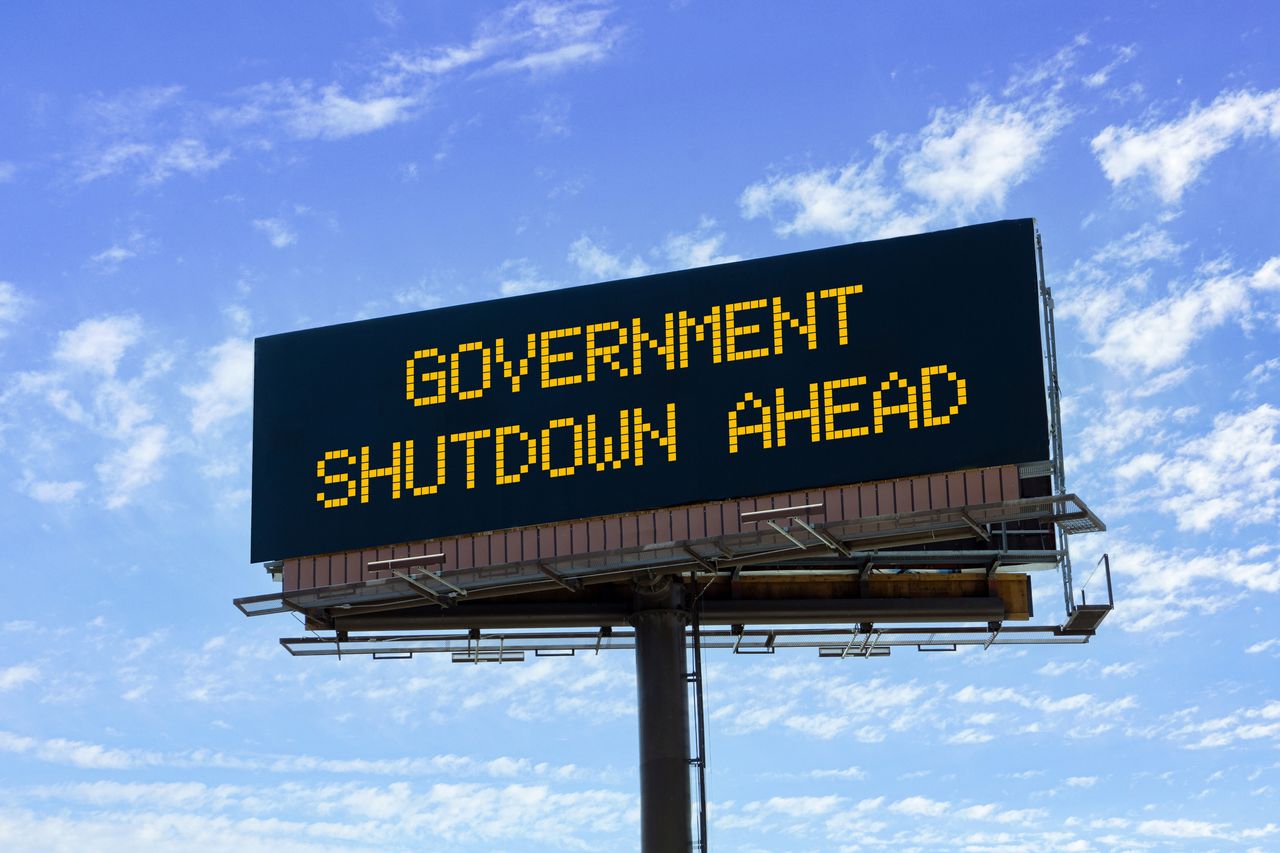
The U.S. government officially shut down at midnight on Oct. 1, 2025, as lawmakers failed to pass a temporary funding bill. That's leaving many people wondering how Social Security will be affected by the furlough of non-essential employees triggered by the shutdown.
Fortunately, the Social Security Administration (SSA) is one of the government agencies that has put together detailed contingency plans outlining the services that it will continue (and pause) in case of a shutdown. In the missive laying out its strategy, the agency said:
“We will continue activities critical to our direct-service operations and those needed to ensure accurate and timely payment of benefits. We will cease activities not directly related to the accurate and timely payment of benefits or not critical to our direct-service operations.”
So, one thing is clear — even though the U.S. government has shut down, you will continue to receive your Social Security checks and disability payments. The reason that Social Security payments will continue is that they are considered "mandatory spending," and they are funded under a trust, which is not part of the annual appropriations process.
Social Security services that will not be paused
Services that the SSA says will be uninterrupted during the shutdown include:
- Payment of Social Security checks
- Applications for benefits
- Requests for appeals
- Reconsiderations
- Payee changes
- Direct contact reinstatement of benefits
- Issuance of original and replacement Social Security cards
- Initial claims, including terminally ill, compassionate allowances, quick disability determinations, dire need, and wounded warriors
- Assistance requests for hearings
Social Security services that would be paused
During a shutdown, the SSA is partially closed — with about 8,103 of its 59,058 workers furloughed.
Services that are not directly related to payment benefits and those not critical to direct-service operations will stop until the government reopens, the SSA said. If the shutdown lasts more than five days, the SSA will re-evaluate the number of employees necessary to perform critical operations, as it did during the 2013 shutdown.
According to the SSA, services that are set to be paused when a shutdown occurs include:
- Benefit verifications
- Earnings record corrections and updates
- Payee accountings
- Prisoner activities — suspension
- Requests from third parties for queries
- Freedom of Information Act (FOIA) requests
- IT enhancement activities, public relations, and training
- Replacement Medicare cards
- Overpayments processing
The scheduled furloughs and pauses in service are in the Social Security Administration's plan for a shutdown. However, the SSA hasn't issued any further information or made a statement about implementing these plans as of Oct. 1, 2025.
Using an online Social Security account during a shutdown
One way to continue to access your information and avoid long wait times on the phone is to use an online Social Security account. Known as a my Social Security account, it can help you if you are still working or currently claiming benefits. You can take care of several tasks, including requesting a replacement Medicare card, printing proof of Social Security benefits and repaying overpayments, some of the services typically not offered during a shutdown. Plus, it’s a good way to protect against Social Security fraud.
After you’ve set up your my Social Security account, you'll be able to review your earnings history, calculate an estimate of your future benefits and file for Social Security and Medicare benefits.







